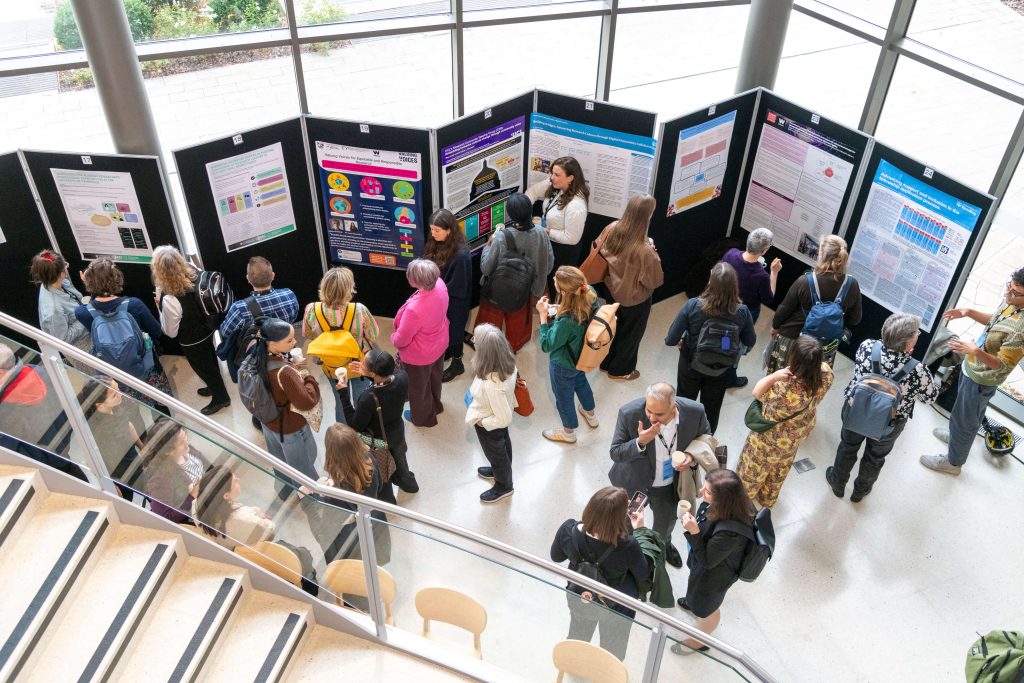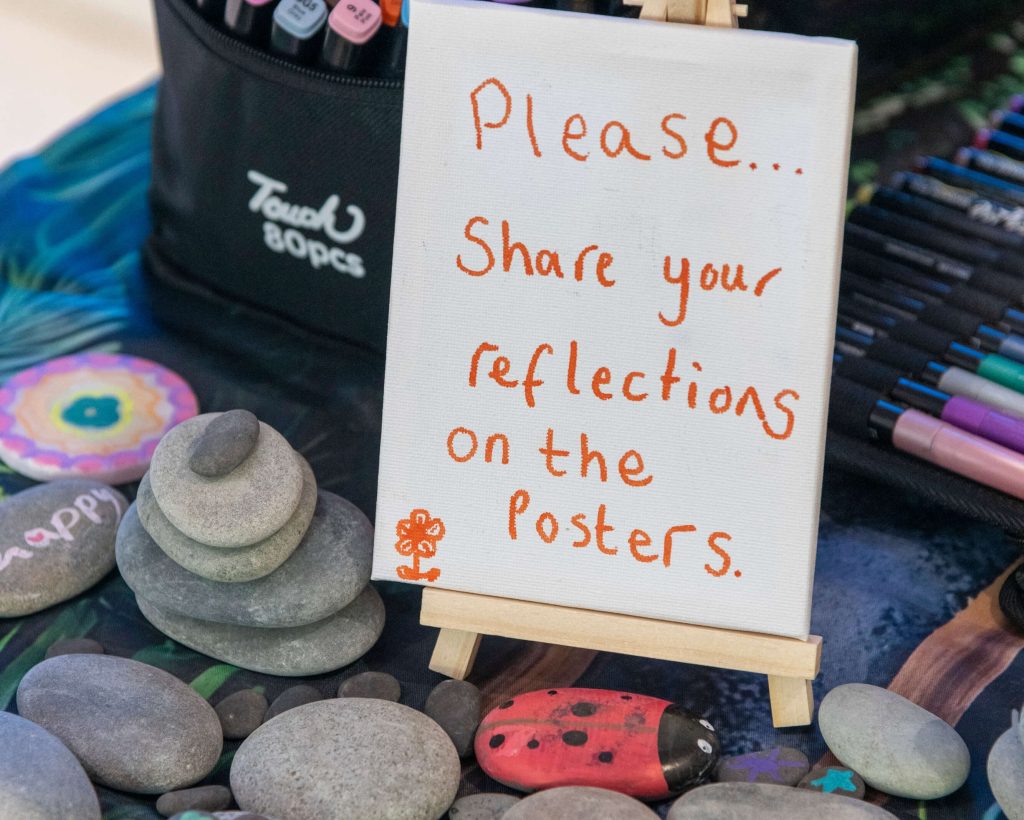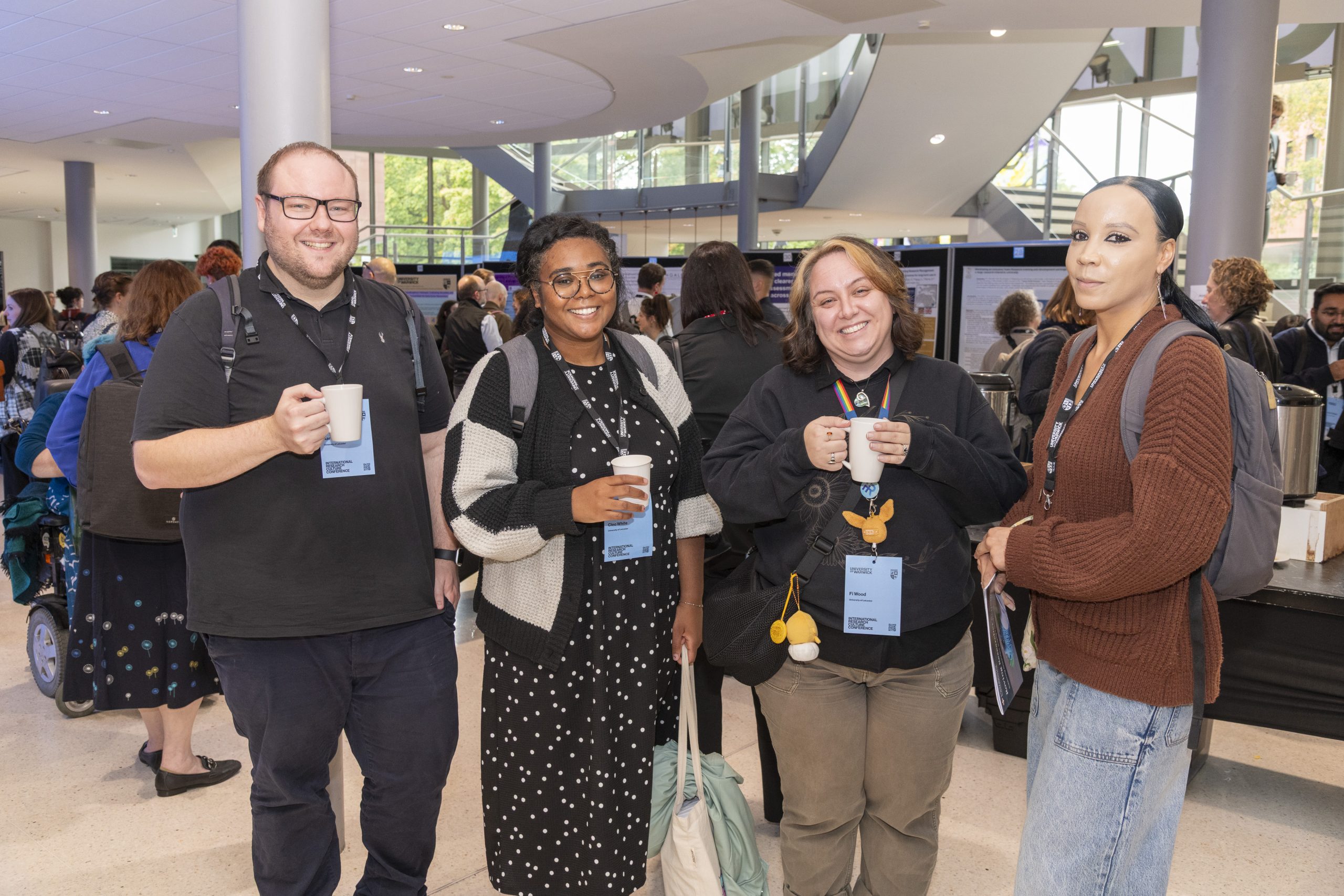Reflecting on the International Research Culture Conference 2025
by Fi Wood
On 17th September 2025, I joined over 300 in-person attendees (and just as many online) at the University of Warwick for the International Research Culture Conference 2025. With representation from 45 countries and a rich mix of academics, enablers, technicians, funders, publishers, and industry professionals, the day began with a palpable sense of collective energy and commitment.
The opening metaphor—moving from cold spaghetti to a Rubik’s cube—captured the essence of the challenge ahead: research culture is complex, interdependent, but ultimately solvable. This framing set the tone for a day of thoughtful dialogue and shared learning.
Dr Steven Hill (Director of Research, Research England) opened the morning with a deep dive into the evolving frameworks for assessing research culture. Drawing on models from Science Europe and Vitae, Hill discussed the development of a new framework grounded in the UK context.
He emphasised that excellence in research culture is both identifiable and assessable, though highly dependent on context. Their pilot framework assessment revealed recurring themes, including limitations in available data and the importance of integrating research culture strategy with broader institutional goals. It also highlighted the burden that assessments can place on institutions and the unintended consequences of applying indicators too rigidly. In response to these challenges, a consensus framework generated using large language models, is emerging to guide future assessments in a more adaptive way.

Beyond Borders – Global Perspectives on Research Culture
Chaired by Professor Kirstie Haywood, the international panel brought together voices from South Africa, Ireland, England, and Australia, offering a rich tapestry of global insights.
Professor Sibusiso Moyo from Stellenbosch University highlighted the exclusion of non-traditional academic groups, the competitive pressures driven by volume-based rewards, and the funding gaps in postgraduate training. Her call to move beyond transactional collaboration resonated deeply, especially in the context of peer support and empowerment for postgraduates.
Professor Grace Mulcahy from University College Dublin spoke about embedding research culture within the broader context of people culture, emphasising the importance of senior leaders role-modelling the behaviours they wish to see. She shared insights into spotlight funding, used to support activities like writing retreats, as a practical way to surface internal priorities and shape institutional culture. Mulcahy also advocated for what she called “engagement by stealth,” encouraging subtle but meaningful involvement across all stages of the research career pipeline. This approach uses visibility not only to empower individuals but also to bring hidden challenges to light. At Leicester, we’ve seen how visibility can be a powerful tool for researcher empowerment.
Dr Hill returned to the stage to stress the value of open discussion, noting that while contexts differ, many challenges are shared. His mention of reverse mentoring as a tool to empower early career researchers (ECRs) was particularly thought-provoking.
The final panel member was Kris Kathiravel from Monash University, offering perspective from their nine campuses across six countries, focusing on employment precarity, EDI challenges, and the tension between metrics and impact. He advocated for frameworks built on values, accountability, and practical support, especially for ECRs. His emphasis on psychological safety and external collaborations as tools to counteract institutional bias was a powerful reminder of the human side of research culture.
Improving Careers with and for Future Researchers and Research Enablers
I had the pleasure of attending a session specifically focused on the realities of career development for both researchers and those in adjacent roles, hearing from a trio of insightful projects.
Noam Tal-Parry (University of Cambridge) presented findings from the ARRC Project, which I had previously encountered at IRCC24, so this was a pleasant update. The project explored redeployment policies as a response to ECR precarity. While the idea had merit, the study revealed significant barriers—particularly around relocation, PI incentives, and job matching. Having looked into this myself at Leicester, it was reassuring to see my own thoughts echoed. While viable alternatives may exist, discovering what this could look like will require a collaborative sector-wide effort.
Dr Sarah McLusky, host of the Research Adjacent Podcast, offered a powerful spotlight on research-adjacent professionals, who often face second-tier status in terms of career progression and recognition. While networks and technician commitments are slowly improving the landscape, there’s still a long way to go. As someone who sometimes feels like an ‘imposter’ in the research space, these challenges resonated with me and reflect what I have heard from colleagues across the University during my time with the I-REACCH project.
Dr Urszula Pawlicka-Deger and Dr Ben Murton from the Wellcome Trust presented a landscape review of mid-career development, revealing inconsistencies in provision and a lack of clarity around what “good” leadership looks like. Coaching emerged as the most preferred development method, followed by mentoring and experiential learning. They proposed that the next step for mid-career development would be the creation of a shared curriculum to define and support mid-career capabilities.
After a morning rich with strategic insights and global perspectives, the afternoon sessions shifted focus toward collective action, practical tools, and evaluating impact. The energy remained high, and the conversations continued to challenge and inspire.
Collective Action Against Employment Precarity
The afternoon got started with an interactive workshop facilitated by Ash Collins from the University of Nottingham, exploring how we might mobilise collectively to address employment precarity in research careers. Working with attendees from diverse backgrounds, we shared experiences, frustrations, and ideas for change. Whilst it was amusing to imagine impractical ‘perfect world’ solutions, there was a genuine sense of renewed solidarity in the room by the end of the workshop.
Research Culture Carousel: Three Perspectives on Change
This carousel-style session allowed presenters to rotate between three small groups of attendees, sharing their unique lens on research culture. This gave opportunity for more detailed follow-up discussions on how we can apply their learnings to our own institutions.
Dr Jess Adams, Prof. Natasha Mauthner, Dr Will Thomson and Dr Amy Stabler from Newcastle University shared their take on using Participatory Action Research (PAR) to drive research culture change. By involving stakeholders with vested interests in change, such as unions, committees, and staff networks, the approach fosters collective leadership and shared ownership – an approach we also value at Leicester.
From the University of Glasgow, Dr Rachel Herries and Dr Rachel Chin introduced their Flourish programme, a cohort-based career development initiative structured around reflection, analysis, and planning. The toolkit aims to empower researchers to take ownership of their career journeys through structured, supportive conversations – not confined to traditional mentoring relationships. While there’s a risk that opening career discussions might dilute their impact, raising awareness and accessibility ensures people can feel deserving and capable of shaping their own career paths.
To wrap up the session, Cagla Karatepe, Yanyan Li, Xinran Gao and Mingzhi Li from the University of Warwick shared insights from their exploration of female PGRs and ECRs with caring responsibilities. Their FECARE podcast series and focus groups highlighted challenges around accessibility, facilities, wellbeing, and financial pressures. This topic proved to be deeply resonant with many attendees, underscoring the intersection of gender, caregiving, and career progression.

Research Culture – What Works
In the final plenary, Professor Cat Davies from the University of Leeds offered a candid reflection on what it means for research culture initiatives to “work.” She emphasised that research culture isn’t free—it requires alignment with funding and strategic prioritisation. Her use of the COM framework—Context, Mechanism, Outcome—was a helpful reminder that no single intervention fits all. What works depends on who, where, and how.
She also raised the question of whether we should aim to improve baseline standards across the board or focus on generating pockets of excellence. Personally, I’m drawn to broader improvements. As they say, Rome wasn’t built in a day, and every challenge faced by one research culture project helps pave the way for higher expectations across the sector.
Final Thoughts
The afternoon sessions reinforced a central theme of the day: research culture is everyone’s responsibility, but it must be strategically supported, contextually adapted, and collectively owned. From career conversations to participatory leadership, the tools and ideas shared offered practical pathways forward.
Photographs are taken by the Warwick Team

